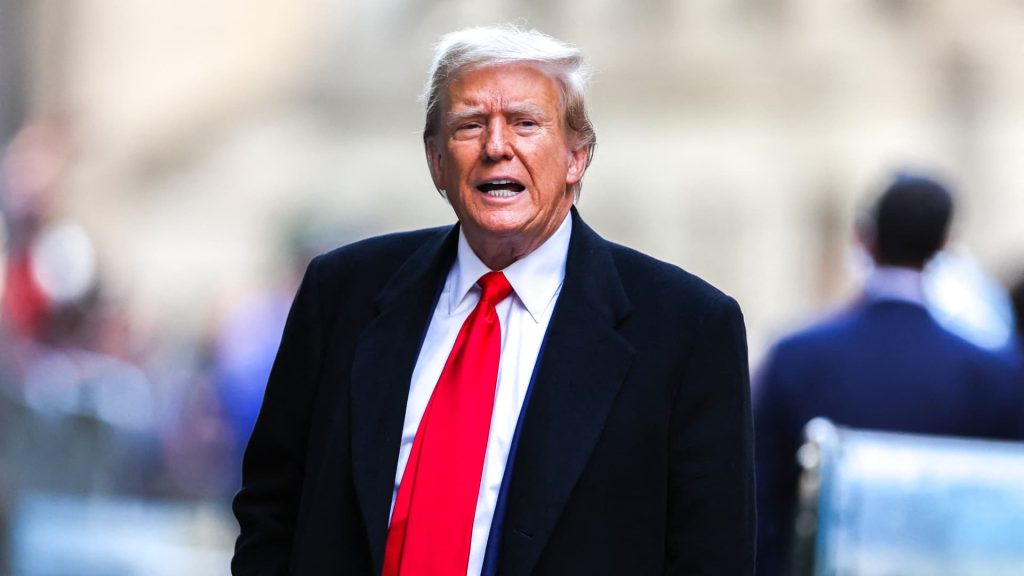On Thursday, Donald Trump faced setbacks in two separate attempts to dismiss criminal charges against him in Florida and Georgia. In Florida federal court, Judge Aileen Cannon rejected Trump’s bid to drop charges related to mishandling classified documents after leaving the White House. The argument, based on Trump’s interpretation of the Presidential Records Act, was deemed insufficient for dismissal. Similarly, Fulton County Superior Court Judge Scott McAfee denied Trump’s attempt to dismiss his Georgia election interference case on the grounds of violating his free speech rights. These twin losses come as Trump has aggressively sought to dismiss or delay his criminal trials.
The rulings on Thursday were not an outright win for prosecutors, as Cannon’s decision pushed back against special counsel Jack Smith, who criticized the judge’s guidelines earlier in the week for the proposed jury instructions. Smith argued that Cannon’s guidelines, which asked the parties to write instructions on interpreting the Presidential Records Act, gave credence to Trump’s claims based on false legal premises. Smith requested a quick decision from Cannon so that he could appeal her ruling. However, Cannon responded by calling the demand “unprecedented and unjust,” stating that her order on the jury instructions was an attempt to better understand the parties’ positions in a complex case. She clarified that the ruling should not be considered the final word on any essential aspect of the case, and Smith is free to pursue appellate options as permitted by law.
The recent setbacks for Trump come after New York Supreme Court Judge Juan Merchan denied a request by Trump to postpone his hush money trial, which is set to begin jury selection in less than two weeks. This trial is the first of four criminal cases against Trump to go to trial. Trump, as the presumptive Republican presidential nominee, has made several attempts to delay or dismiss his criminal trials, with the hush money case alone seeing eight such attempts. Trump’s legal team has sought to either have the trials dismissed or postponed until after the November election, but these efforts have not been successful thus far.
Despite the setbacks in court, Trump continues to push back against the criminal charges he faces. The rulings on Thursday mark significant developments in his legal battles, as the cases move closer to trial. The judges’ decisions to reject Trump’s attempts to dismiss the charges indicate that the legal process will proceed, with potential appeals adding further complexity to the proceedings. With the hush money trial set to begin soon, Trump’s legal team will have to contend with the upcoming trial dates and the possibility of further legal challenges. As the investigations into Trump’s actions continue, the outcomes of these trials could have far-reaching implications for his political future and legal standing.















